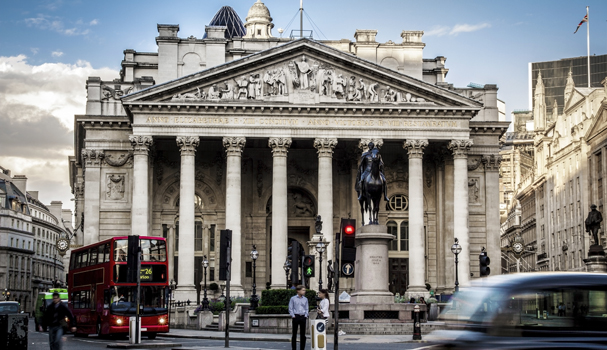Since the end of the recession, there have been plenty of green shoots of recovery. But despite this, the average householder has been seeing little improvement when it comes to their bank balance. Fortunately, there’s some good news for families on low incomes: in December, inflation fell to a record low of 0.5%, down from 1% in November, hopefully freeing up some much appreciated spare cash for strapped consumers.
The inflation rate currently sits at its lowest rate since May 2000 and is just a quarter of the 2% target inflation rate set by the Bank of England. Undoubtedly this has been the cause of some gnawed cuticles at the Treasury; the decline resulted in Mark Carney, governor of the Bank of England, being obligated to write an open letter to chancellor George Osborne explaining why inflation was so low. Due to be published in February 2015, this will make Carney the first governor since 1997 required to detail why rates have fallen to this degree.
Likely his explanations will centre on the recent fall in fuel prices. The sharp decline in inflation has been attributed to lower oil prices as the Consumer Prices Index (CPI) also dropped to 0.5%, its lowest since May 2000. Reports from the Office for National Statistics (ONS) revealed that in 2014 the cost of living nosedived as the price of food fell by 1.9% and petrol and diesel prices dropped significantly by 10.5%. Positive news for those heavily reliant on logistics; less good for Tesco and BP.
Whilst this may be mixed news for businesses, it is certainly welcome relief for UK householders. It has been predicted that lower fuel prices will spur a rise consumer spending confindence to boost the economy and help eradicate the UK deficit. Motorists saw a welcomed cut in fuel prices as Brent Crude Oil prices plummeted; consumers are now paying roughly 25p per litre less for essential fuel than when prices peaked in April 2012. David Cameron took to Twitter to share: “The fall in #inflation is good news for families. Our long term economic plan is on track and helping hardworking taxpayers.”
However, whilst the low rate is largely positive, there have been warnings that the UK is still marginally close to slipping into a deflated state. “It’s a very dangerous time for the Chancellor to be proposing a new round of austerity,” warns Frances O’Grady, general secretary of TUC. “0.5 per cent inflations shows how fragile the economy is, not just in the UK but also globally. While low inflation means we are finally seeing real wages start to rise, it will be many years before they are restored even to their pre-crisis levels.” O’Grady added. She urged that the UK need a strong and sustainable wages recovery but on higher pay settlements in more decent full time jobs as opposed to just falling inflation.
But, despite a very real need for caution, one thing is certain: businesses are set to benefit when consumers can afford to dig a little deeper in their pockets. ![]()
Share via:








































